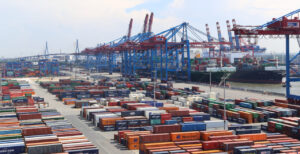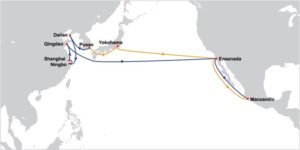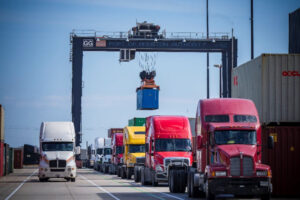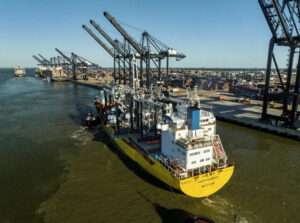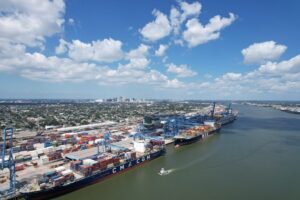The US Department of Transportation’s Maritime Administration (MARAD) has made $10.8 million in funding for America’s Marine Highway Program (AMHP) as it looks to improve the country’s supply chain, while alleviating congestion and cutting emissions.
In a statement, MARAD said the AMHP’s purpose is to “encourage the use of America’s 25,000 miles of navigable waterways” and provide an “efficient, sustainable and cost-effective transportation system”.
US Secretary of Transportation Pete Buttigieg said the AMHP “increases the use of environmentally sustainable practices to move freight across our transportation system” and that the investments will help local communities and create more economic opportunities.
Marine highways are all-water routes, often running alongside or near major highways and the AMHP is designed to further integrate coastal and inland waterways into our transportation system, providing alternate options to traditional shipping methods.
The increased movement of freight by water is also essential to achieving greenhouse gas reductions, as it requires less energy and releases fewer emissions than other options.
Since its inception, the AMHP has designated 45 marine highway projects, 21 of which are currently operating. Creating new Marine Highway ‘container on barge’ services on commercially navigable waterways helps create American jobs in US ports, vessels, shipyards and surrounding areas.
Acting Maritime Administrator Lucinda Lessley, said, “The America’s Marine Highway Program provides essential funding to support the expanded movement of freight by water, while also supporting port communities on our coasts and inland waterways.
“By investing in these services, we are able to bolster local communities and generate American jobs.”
In October 2020 MARAD announced the availability of $220 million in discretionary funding to improve port facilities in 15 states and territories, describing them as critical links in the country’s domestic and international supply chains.


